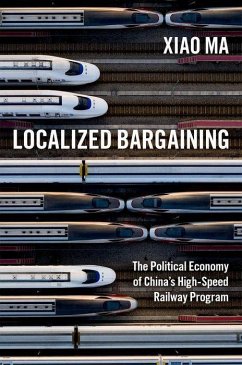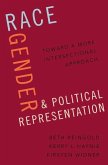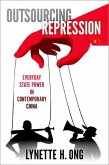In Localized Bargaining, Xiao Ma offers a rich description and a novel theory of intergovernmental bargaining that explains the unfolding of China's high-speed railway. He shows that the bottom-up bargaining efforts by territorial authorities--whom the central bureaucracies rely on to implement various infrastructure projects--shaped the allocation of investment in the railway system. Demonstrating how localities of different types invoke institutional and extra-institutional sources of bargaining power in their competition for railway stations, Ma sheds new light on the how the nation's massive economy actually functions.








